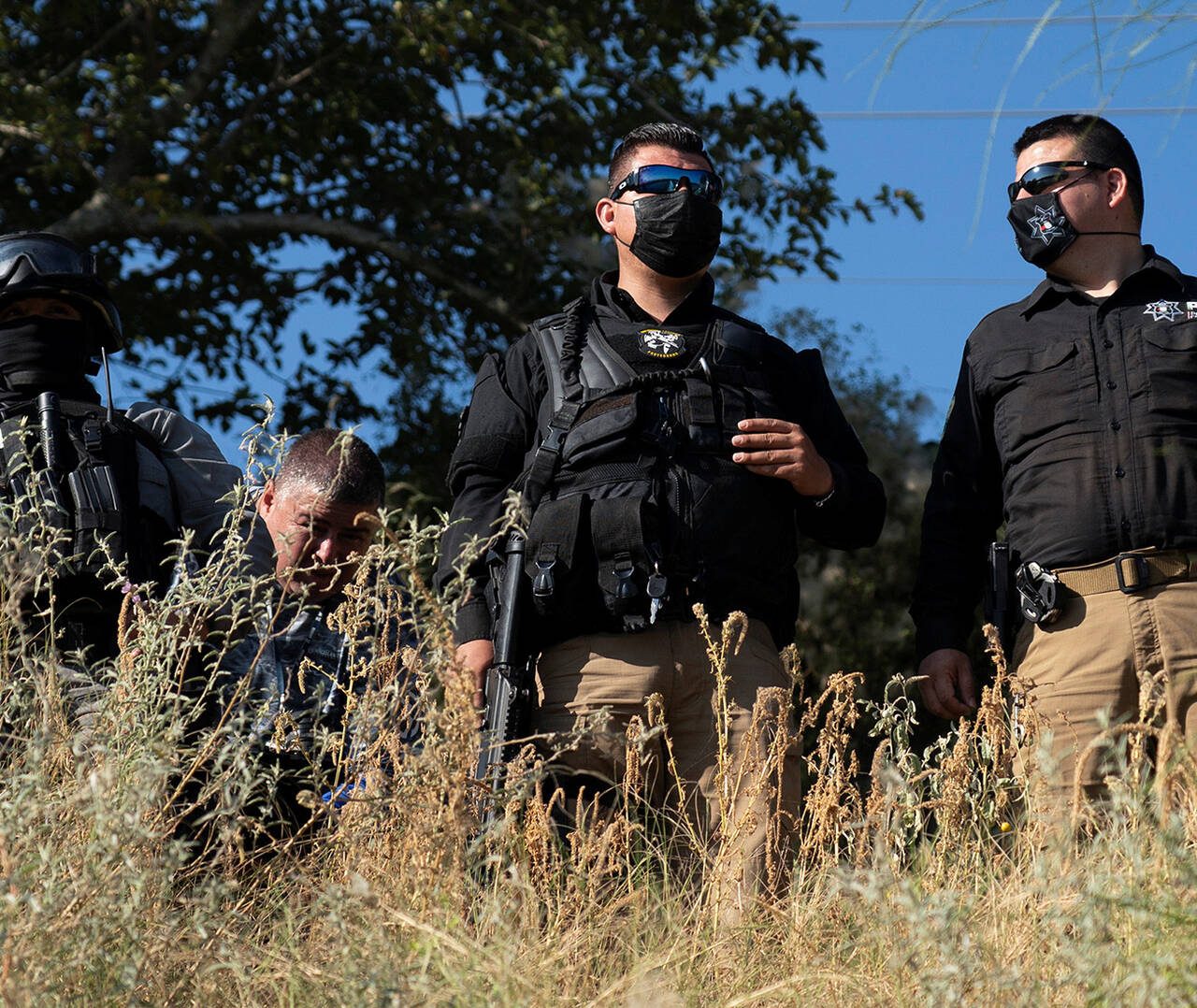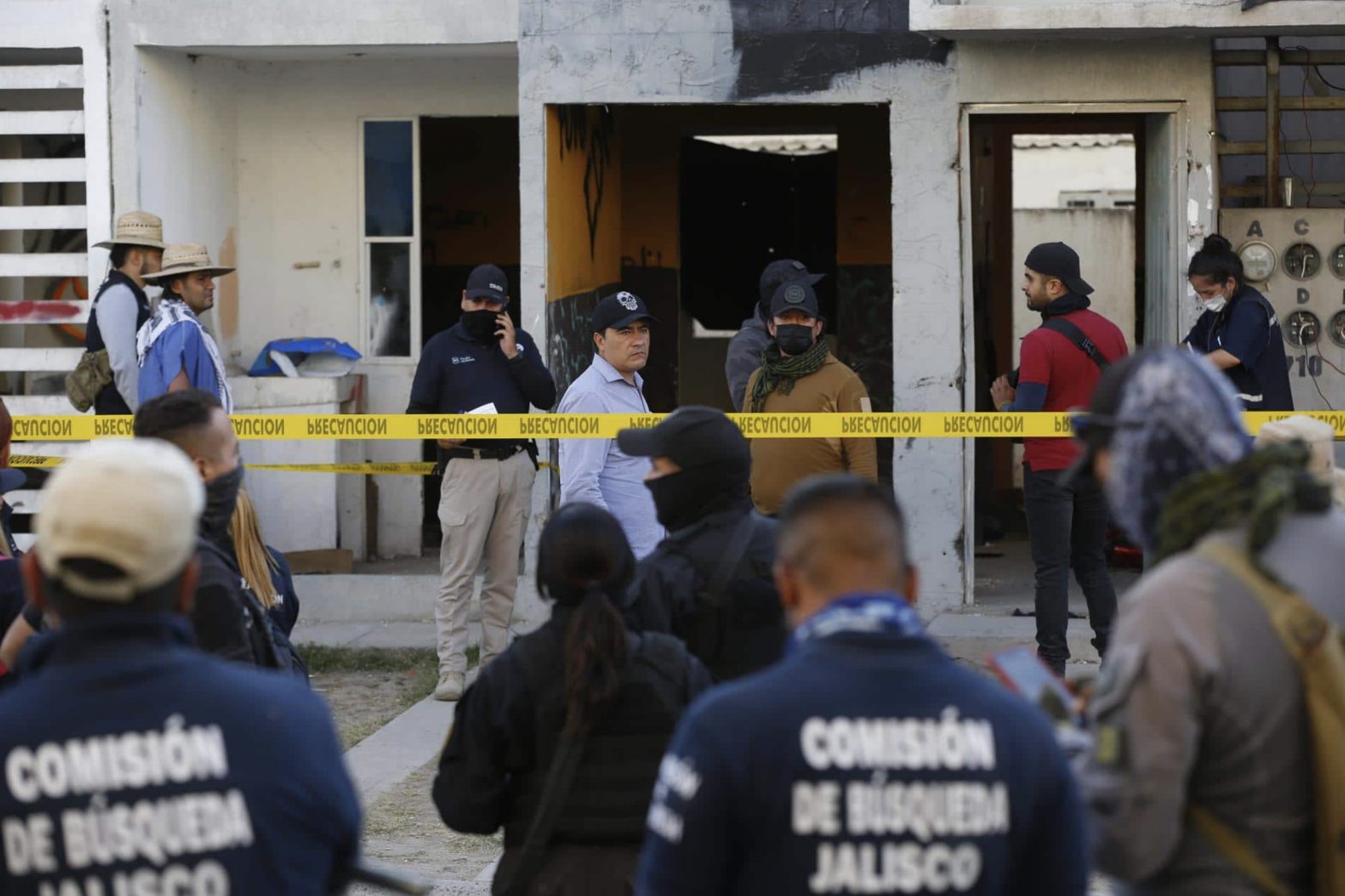The recent discovery of forty-five bags filled with human remains in a suburb of Guadalajara, Mexico, underscores an escalating security crisis that continues to be a stain on the country’s social fabric. The gruesome find, according to the state prosecutor’s office in Jalisco, seems to match the physical characteristics of seven missing call center employees, putting the spotlight back on Mexico’s handling of human disappearances.
The alarming incident took place between May 20 and 22 in the metropolitan area of Guadalajara, a bustling western city in Mexico. Seven employees of a call center vanished, and their whereabouts remained unknown until this gruesome discovery. Luis Joaquín Méndez Ruíz, a prosecutor from Jalisco, stated that the human remains were found in bags dumped in a lot with a steep slope.
As the nation grapples with this horrific discovery, forensic experts are in the throes of a complicated and sensitive task. The task at hand involves not only determining the number of victims but also confirming their identities. The Jalisco Institute of Forensic Sciences is closely collaborating with the families of the missing individuals to identify the remains. The painstaking process is a chilling reminder of the violent epidemic that has swept across Mexico, where over 100,000 Mexicans and migrants are still missing.
The grim episode in Guadalajara reignites questions about Mexico’s public security landscape. It raises doubts about Mexican President Andrés Manuel López Obrador’s recent assertion that Mexico is safer than the United States. The statement was made in March following the kidnapping and subsequent killing of two of the four American citizens in Mexico. The recent discovery suggests that a reconsideration of Mexico’s security policies might be in order.
Kidnapping and human trafficking are rampant in many regions of Mexico, particularly in border areas, contributing to the country’s high global homicide rate. This incident is a stark reminder of the perils faced by ordinary citizens, particularly those in vulnerable employment sectors such as call center workers.

In a broader perspective, the incident is indicative of the systemic flaws in Mexico’s security apparatus. It also raises questions about the effectiveness of the existing law enforcement strategies in combating organized crime, which often seems to operate with impunity.
While the country continues to battle with numerous social and economic challenges, the issue of disappearances and public safety must be at the forefront of Mexico’s political agenda. The escalating security crisis calls for immediate, systemic changes in the way the country deals with public security, law enforcement, and crime prevention.
Ultimately, the tragic story of the missing call center employees illuminates a chilling reality: the persistent and deep-seated public security issues in Mexico, and the urgent need for comprehensive, long-term solutions. The question remains as to whether the government can rise to this formidable challenge and usher in the much-needed change in Mexico’s security landscape.
©world-news.biz
